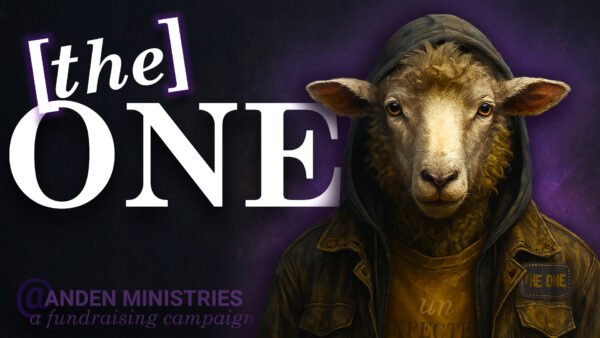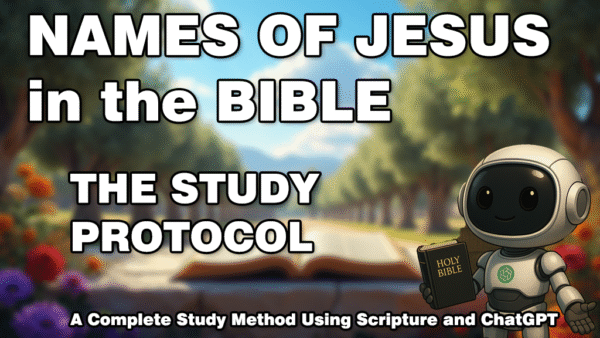“If anyone causes one of these little ones who believe in Me to stumble, it would be better for him to have a millstone tied around his neck and be drowned in the depths of the sea.”
— Matthew 18:6
How many times have you heard that Scripture? Who do you picture right off the bat? Kids, right? Vacation Bible School posters. Felt-board sheep. Juice boxes.
And that is definitely where Jesus started. He pulled a kid in close and said, “Watch this.”
So naturally, everyone assumes He never stopped talking about little children. But Jesus was aiming bigger than the child standing right there.
Can you imagine listening to Jesus talk? You’d have to pay close attention because His shifts weren’t obvious, were they?
Then again, they knew His language — probably caught it faster than we would. Still… it had to throw them a bit.
But most of us read the Bible in English, and our translations don’t stop to say—“Hey! This word just changed.”
So we stick with the simple: become like little children, and don’t cause those kids to sin. Got it. Move along.
But there was so much more happening here. Thankfully, we can dig into the Greek and some strong study notes to see what was really going on.
Here’s where the shift happens. In verse 5, “child” is paidion — an actual young child. But by verse 6, “little ones” is mikros — which can mean small in age, but also humble, lowly, of little status. That’s not just toddlers. That’s anyone living in that dependent, childlike posture Jesus just described.
Which means His warning about stumbling isn’t just a PSA for Sunday School safety. It’s a kingdom-wide command: don’t take out the weakest among you — whether they’re eight years old or eighty and barely hanging on.
And here’s the kicker — just a few verses later, He’s talking about the Lost Sheep. Not as an evangelism story, but as the rescue mission for one of these mikros who’s wandered off.



